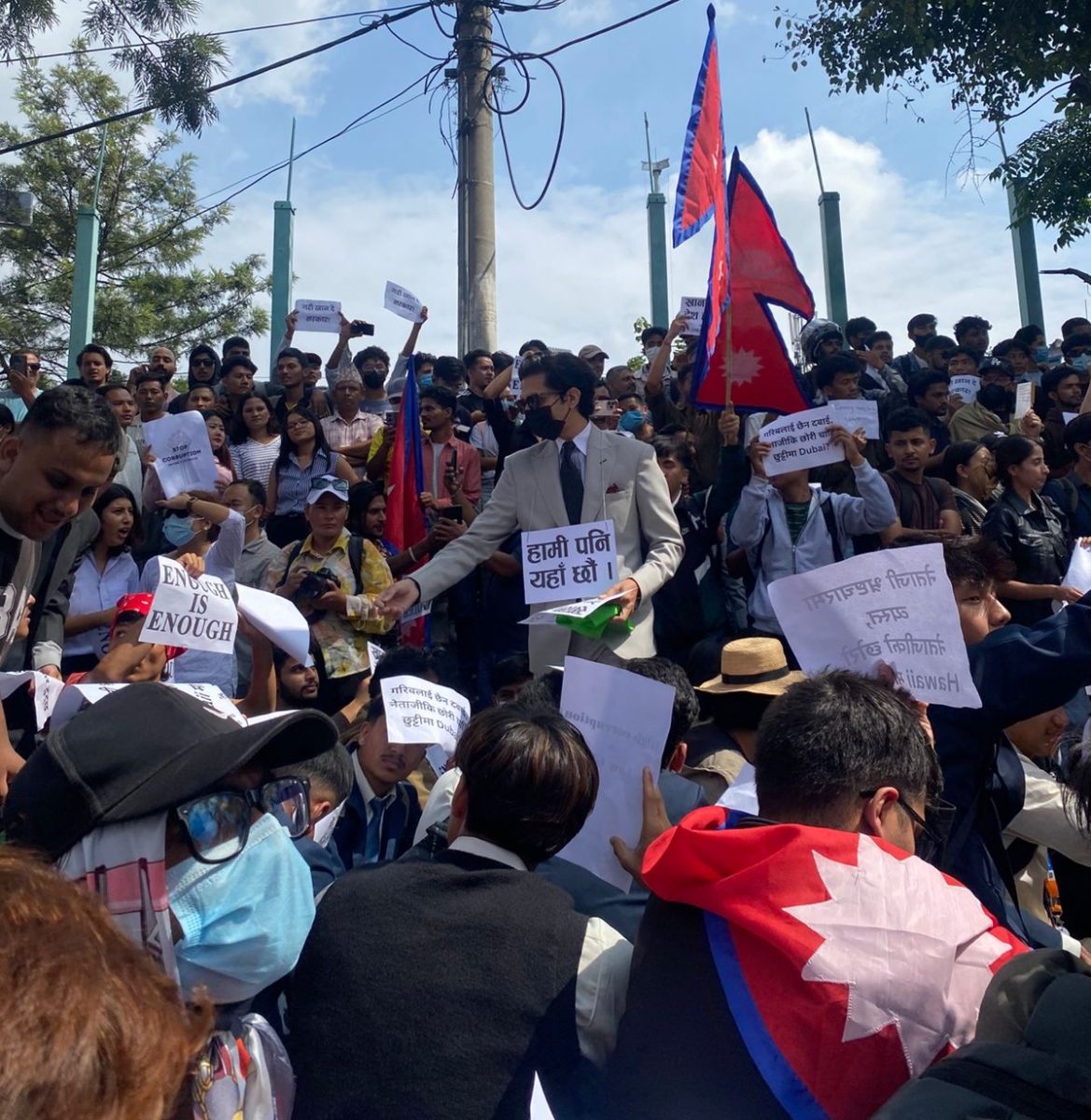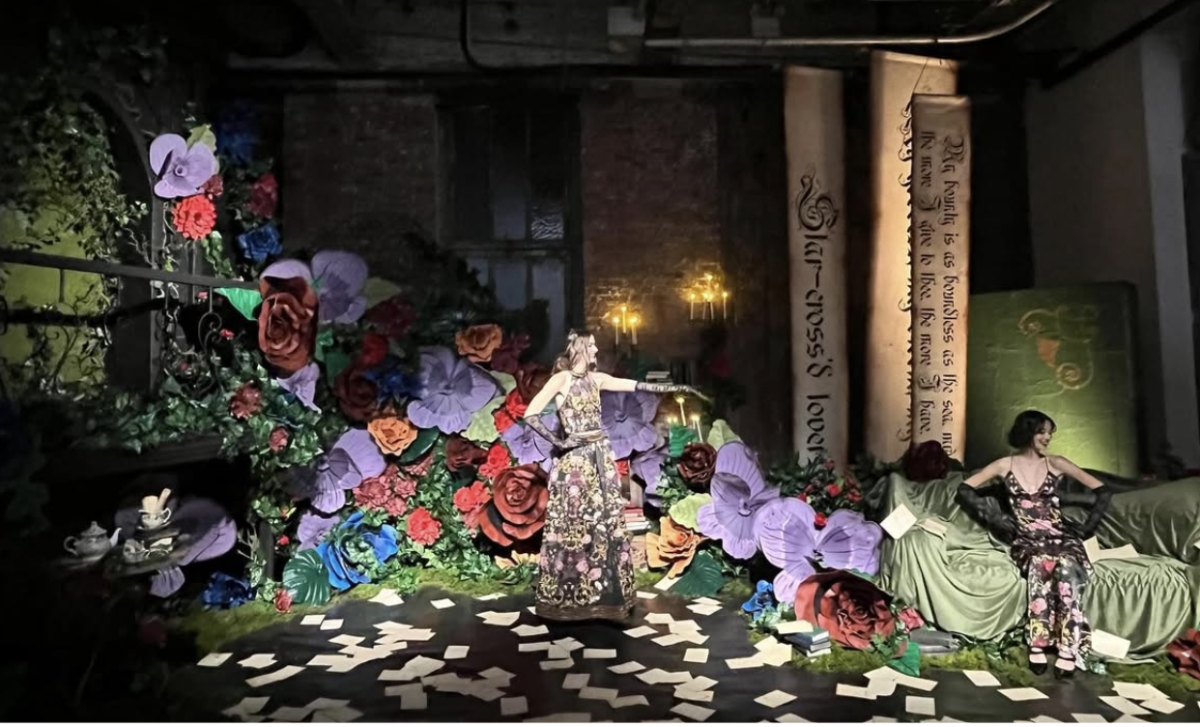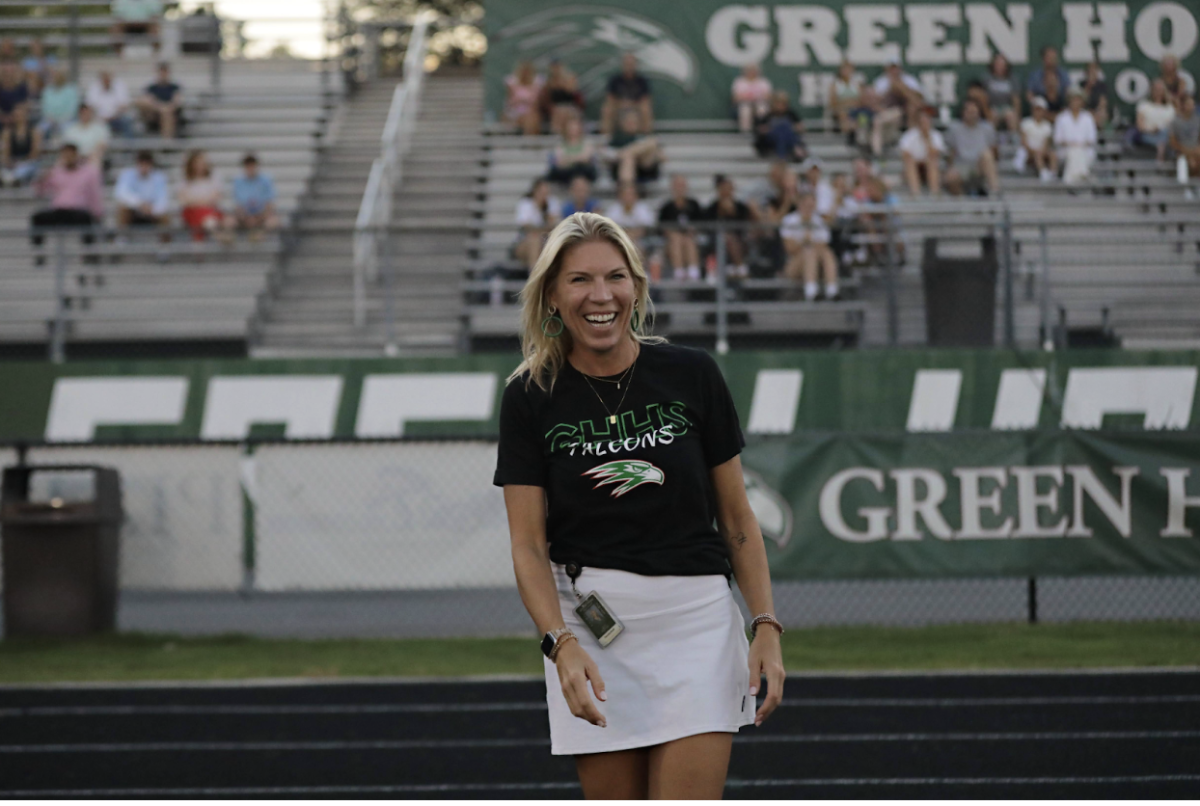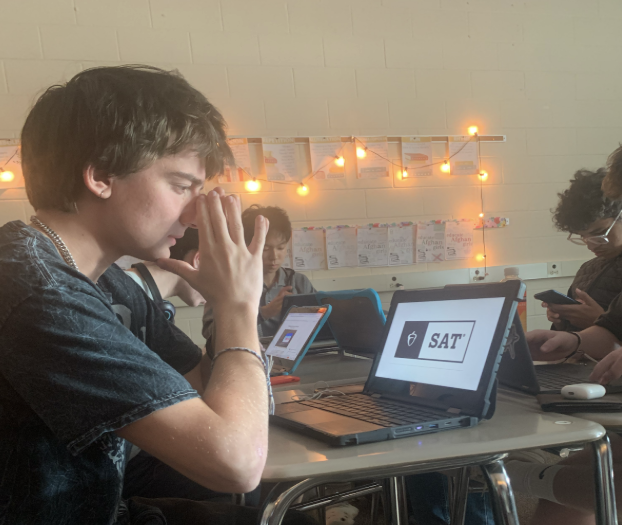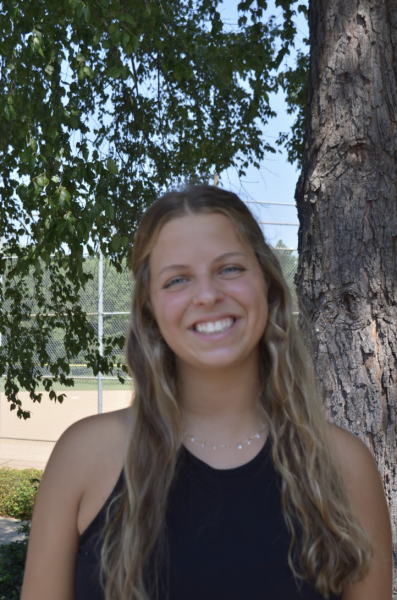Every October, millions of people around the world recognize Breast Cancer Awareness month. Originating in 1985, the month aims to support survivors or those living with breast cancer.
There are hundreds of organizations dedicated to raising awareness for breast cancer, such as Think Pink. The foundation has many programs ranging from support groups to educational workshops, allowing people diagnosed with breast cancer to feel comfortable with their disease.
There are research organizations such as Susan G. Komen. In 1980, Nancy Brinker’s sister, Susan was dying from breast cancer which motivated Brinker to start the organization. Brinker made a promise to her sister to stop breast cancer forever and that started a crucial turning point in the beginning of Breast Cancer Awareness month.
According to the American Cancer Society, cancer rates have been steadily decreasing since 1989 with an overall decline of 43% through 2020, proving that the increasing awareness works to fight cancer.
Enlightening the community in awareness campaigns, there are races of all levels from a 60-mile 3 day run, to a Pink Walk to increase awareness as well as increase support for education through the gathering of donations.
Wearing pink ribbons and being a part of the movement to support those with breast cancer leads to more people being educated on the overall impact of this disease; however, the ribbons are not simply fabric one wears when the disease hits home. Awareness means much more.
Within the Green Hope faculty, there are many people whose lives have been affected by breast cancer.
Mrs. Tina Robinette, Green Hope Biology and Marine Ecology teacher was diagnosed with breast cancer this past year. After a routine, at home exam, she “felt different” and decided to contact her primary care physician.
Mrs. Robinette also provided insight on maintaining a sense of normalcy amidst the frightening experience.
“Prepping for six weeks out of school was challenging while maintaining my current workload, but it gave me a focus and something that I could control,” Robinette said.
After receiving her early diagnosis, she recognized the importance of remaining in tune with her health.
“Awareness and access to healthcare are key for women and men,” she said. “Knowing what to look for during self-exams is important and following up with yearly exams are critical for early detection.” If she did not undertake this important step, she might not have caught her cancer early enough.
Similarly, Mrs. Catherine Dillon, Green Hope Registrar, was diagnosed with cancer three years ago. She discussed the effect it had on her personal relationships.
“It brought our family much closer, forcing us to have tough conversations, but also loving conversations. We even had professional family pictures taken for the first time,” she said.
Mrs. Dillon said that without the cancer, her family would not have realized how lucky they are to have each other and be involved in something that’s bigger than themselves.
Throughout her ordeal with cancer, Dillon recalled the staff at Green Hope aiding her in feeling normal throughout this difficult time, letting her work around her daily treatment and creating a feeling of importance.
Mrs. Robinette and Mrs. Dillon both agreed that family support and love are vital aspects to this process and having their loved ones support made a world of difference.
“It has so much meaning because when diagnosed, we were all reminded about the important things in life. We were grounded in maximizing our time together, laughing harder, crying deeply, but mostly enjoying each other’s company,” Mrs. Dillon recalls.
Understanding early detection, mobilizing to gain support and engaging in family inclusion are all crucial elements of Breast Cancer Awareness Month.









